Ahhh, summer. Time for inappropriately short shorts and socially acceptable public drinking. A time, for most students, to take a little breather from the insanity of the school year.
By mid-July though, summer can be boring. You can only set off so many fireworks in public parks before that gets old. Drinking yourself silly becomes, like, passé by August. But what else is there to do with your free time? You can’t break out your phone at Sauvie Island, for fear of getting sand in the cracks. So why not break out a book and make your own head-movie instead of reading another trite Elite Daily article?
As a college student, it probably seems like sacrilege to suggest that you read during your limited free time, what with all the reading you do in school, but I promise that if you play your cards right, reading can actually be fun.
For the Overworked College Student: The Psychopath Test by Jon Ronson
A book just for you, burnt-out psychology major. Your brain needs a break. You’re sick of reading thick textbooks bogged down by complicated sentence structure and jargon. All that jargon. Even if you’re not actually a psych major, overworked college student, you probably armchair diagnose people anyways so you might as well read a humorous pop psychology book.
Ronson’s writing is accessible in a reading-the-Wikipedia-page kind of way. In The Psychopath Test, you’ll find an emotional checklist and stories about psychopaths as low on the food chain as the Englishman who faked mental illness in order to avoid prison (but ended up in a maximum security psych ward anyway) and as scarily powerful as corporate downsizer Albert J. Dunlap.
Ronson also grapples, right along with the reader, with whether or not he himself is a psychopath.
It’s kind of like reading a book by your anxiety-ridden neighbor who is unintentionally funny in his pathological self-consciousness.
Not for you? Try Rational Mysticism by Jon Hogan. A quick read on the science behind hallucinogenic drugs. Fascinating to read on mushrooms if you can keep the words from jumping up at you.
For the Autodidact: The Beak of the Finch by Jonathan Weiner
You’re a go-getter. You don’t need a syllabus to tell you how or what to learn. But at the same time, you probably don’t want to crack open a textbook if you can avoid it.
This 1995 winner of the Pulitzer Prize for General Nonfiction is for the person who actually wants to exercise his brain without reading a technical manual of some sort. Do you like science? And not the pictures-of-space-Neil-de Grasse-Tyson kind of science but actual science? You know, the small stuff: hypotheses, years of research and what-have-you.
Weiner’s narrative follows married biologists, Peter and Rosemary Grant, while they study finches on Daphne Major, trying to figure out exactly how much Darwin got right. (Hint: a lot, but he seriously underestimated the gravity of his own observations.)
You need to have a cursory understanding of biological terms and definitions, but you don’t need a degree in biology. Not to mention Weiner is particularly adept at creating narrative tension, so you’re constantly on the edge of your seat.
Not for you? If you’re either offended by evolution or it’s just not your thing, take a gamble at Mary Roach’s Bonk. Read about sex while learning! It’s a win-win, you dirty thing, you. Or, if Bonk doesn’t work for you, try reading some Snapple facts or something, I don’t know.
For the Snobby Depressive: War and Peace by Leo Tolstoy
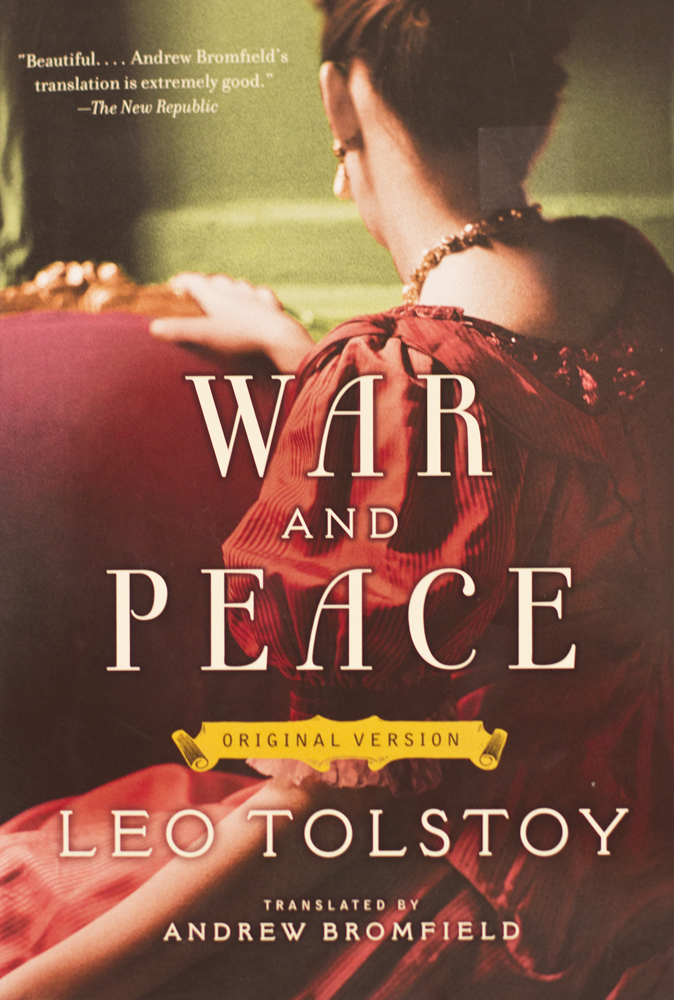
Like, seriously? Do I even have to explain this one to you? You haven’t read Tolstoy before? Oh. How sad for you.
Russian aristocrats! The French invading Russia! Napoleon! Philosophy! Names you’ll pray you never have to pronounce out loud! This book truly has everything, and it better, given that it’s almost 1,300 pages.
Well, go on. Get to work. It’ll only take you all summer, and people will totally notice you on the beach. Try not to fling yourself from any cliffs.
Not for you? Try Notes from the Underground by Fyodor Dostoevsky. He’s got more street cred with fellow depressives.
For the Modernist Try-Hard: Infinite Jest by David Foster Wallace
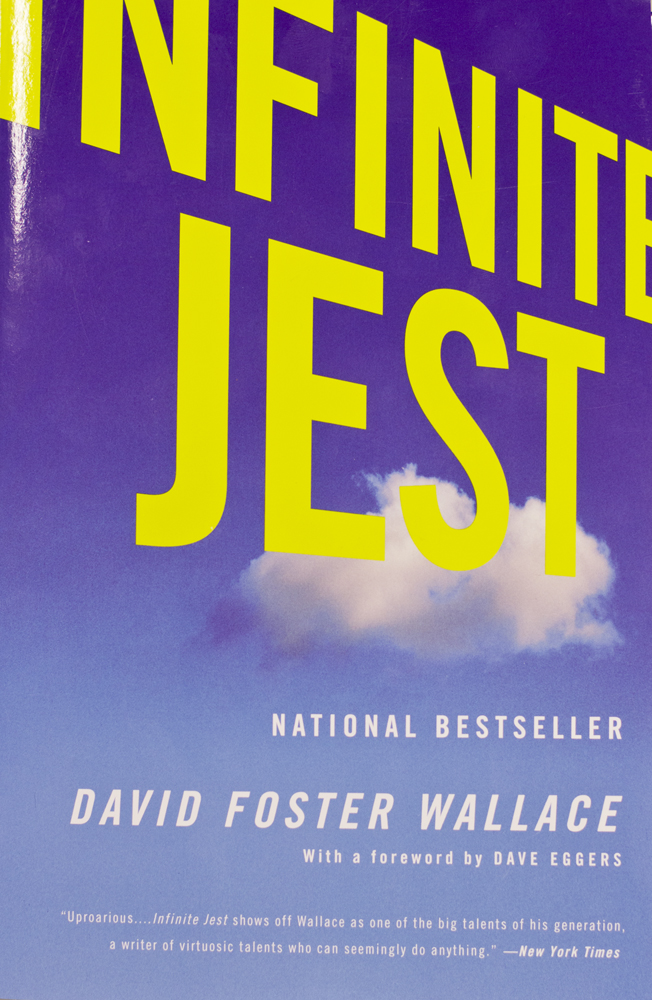
So you like thinking about capitalism, right? And the American dream? Rampant commercialism? You like endnotes? Math? Tennis? Jokes that go over your head but you laugh at anyways? Of course you do. Of course you do, modernist try-hard. Make sure to read this one in public, and pepper in the occasional “hmmmm” when you do. Chicks dig DFW.
To be honest, though, this one is a literary feat that takes time and hard work to read. Don’t be surprised if you have a couple of false starts before you can get into the rhythm of tennis-alcoholism-commercialism. If you really don’t care about going out into the sunlight and you’re looking to take on a project this summer, I highly suggest this book.
Not for you? Try Bluets by Maggie Nelson. Not only is it shorter—much shorter—but it’s a hybrid form prose-poem that combines philosophy, personal narrative and research. To boot, Nelson is just now gaining national attention so she’s not yet bogged down by that lame cult of personality that DFW suffers from.
For the Celebrity Worshipper: IV: A Decade of Curious People and Dangerous Ideas by Chuck Klosterman
You’re embarrassed to be seen with Us Weekly, as you probably should be. But you still want to read about rich people. That’s fine. There’s something for everyone.
Klosterman, of Sex, Drugs, and Cocoa Puffs fame, is particularly gifted at writing about famous people in unexpected ways. His profiles aren’t the typical “she’s wearing boyfriend jeans and a t-shirt, and she picks at her spinach salad while laughing openly” celebrity circlejerks. No, this is the man who wrote that M.I.A. complained about third-world poverty while eating overpriced truffle fries in a five-star hotel.
This is an actual book that won’t give away your creepy obsession with people you will never meet. Also, Klosterman has included in this collection some of his smarter essays on pop culture ephemera. Star Wars is overrated! People go on REO Speedwagon and Styx cruises!
Not for you? Try any New Yorker celebrity profile. You’ll be reading the New Yorker, which is shorthand for cultural intelligence or whatever, while simultaneously feeding your need to read about people you’ve never and will never meet in your life.
For the Girl Who Wears Too Many Chunky Rings: Glaciers by Alexis Smith
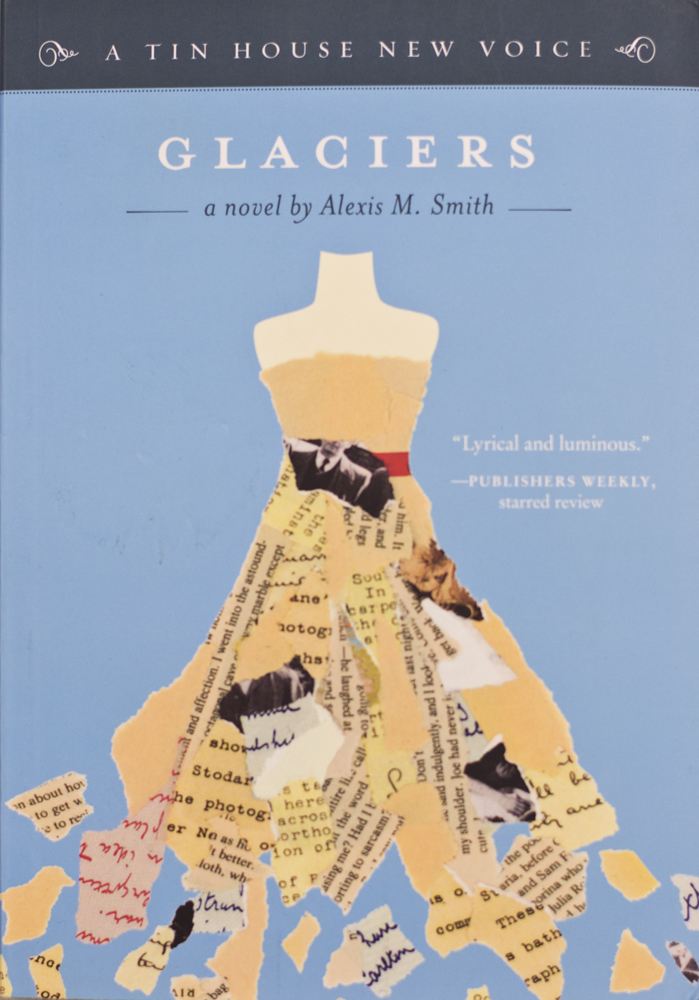
Do you love thrifting? Do you collect old postcards and imagine what your life would have been like in the 1960s? Do you like cats and Portland and finding the romanticism in loneliness? Do you hardly speak a word to anyone? Do you like supporting local writers? I mean, you do wear lots of scarves and chunky rings, so most likely, yes, you love all of those things.
If you read this book, you will have the privilege of spending a day in the life of Portland-based Isabel. She’s a mousy, stereotypical hipster librarian who sifts through damaged books all day, wanders around in a haze of hope and loneliness, and goes to parties where people sit in circles and tell each other sad stories. She also hardly speaks a word and yet you’re supposed to ~relate~ to her. Glaciers is well-written—stylish, if you will—but very bland, kind of like the protagonist. But hey, it’s only 100 pages.
Not for you? Of course it’s not. Instead, try The Perks of Being a Wallflower by Stephen Chbosky. Same self-satisfied special-snowflake angst, more appropriately aged characters.
For the Unemployed Angsty Teenager: literally anything by Chuck Palahniuk
I think this speaks for itself. Fuck your parents, angsty teenager. It’s not your fault there’s no such thing as a summer job anymore. Take advantage of your free time and dive into the wide world of Palahniuk. Like witchcraft? Try Lullaby. Like cannibalism and the horrors of reality television? Try Haunted. Like time travel and rabies? Try Rant.
Now go pull a Durden and piss in your parents’ soup or something.
Not for you? Try The Anarchist Cookbook by William Powell. Rebellious and informative!
For the Incoming High School Freshman or for the Overprivileged White 20-Something Male: On the Road by Jack Kerouac
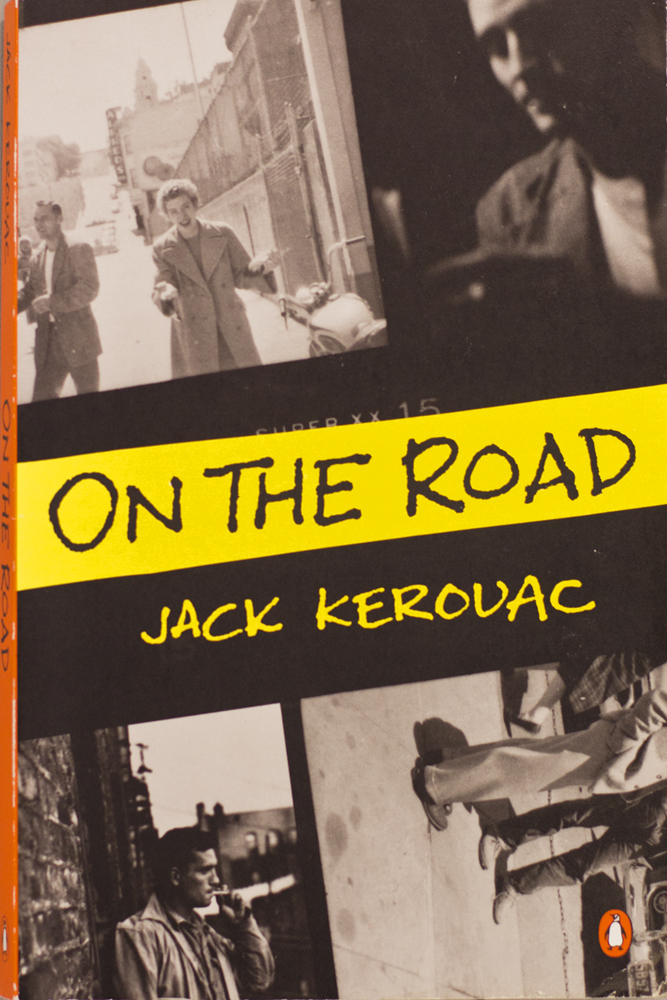
You’re probably a starry-eyed romantic, aren’t you, overprivileged white male and/or high school freshman? You think there’s more to life than what the man tells you.
Oh, Jack. He knew how to live, didn’t he? His level of knowing how to live is inversely proportional to his level of knowing how to end a goddamn sentence.
If you like the idea of wheeling your way around the country, going from place to place, scamming everyone you meet in the name of freedom, you’ll love this book. Just remember to take deep breaths before the really long sentences.
Not for you? Try One Flew Over the Cuckoo’s Nest by Ken Kesey. Linguistic playfulness, romanticism of the struggle that is life, and an author whose mythos is bigger than his books. This one is slightly more palatable than On the Road to our cynical readers.
For the World Traveler: In Patagonia by Bruce Chatwin
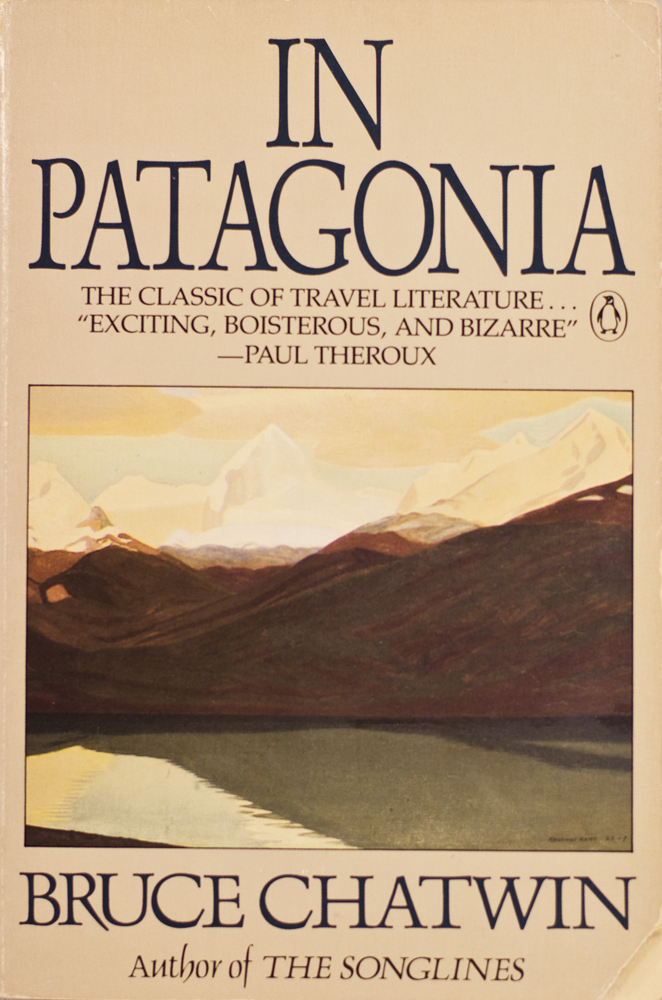
Traveling, man. Seeing the world. Living your truth. Getting as far from your trust fund as possible. You seek adventure and new experiences. Hostels with other western travelers, hamburguesas and plenty of photos of you standing on cliffs in far-flung locations.
Simultaneously expansive and claustrophobic, Chatwin’s writing often mimics Patagonia. Just the language is reason enough to read this book. In Patagonia is beautifully written, if problematic. See Chatwin, an English journalist, decided to hop on a plane to Argentina and seek out other white people in a land with a rich, complicated history and a large indigenous population. You’ll read about all the hardworking Welsh, Italian, German and English immigrants strewn across the windswept plains. Occasionally a drunk Mapuche pops up, just for a little local flavor, you know?
Not for you? Try The Global Soul by Pico Iyer. This book is about more than checking locations off lists. It’s about travel as a personal, transformative experience.






